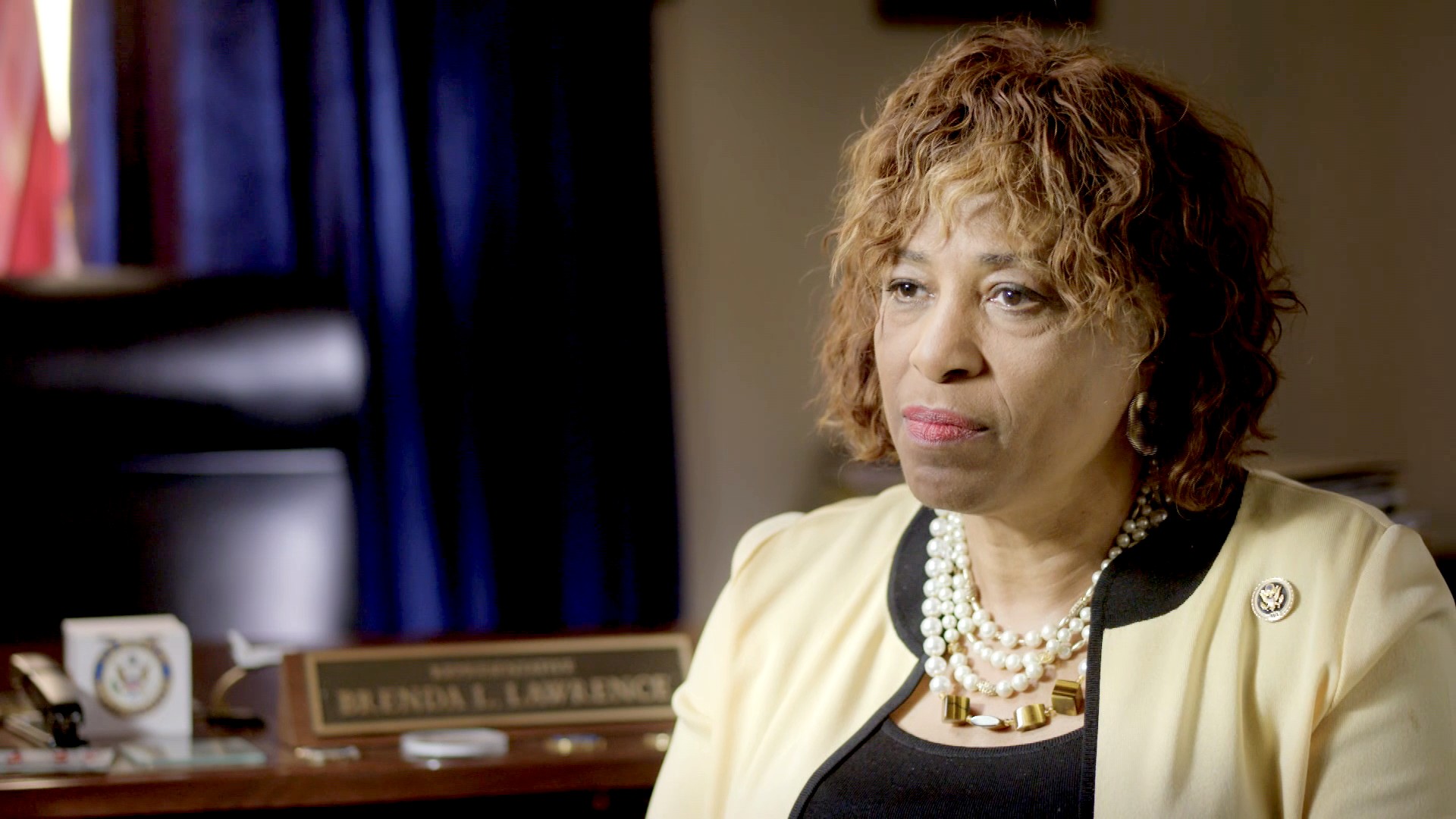Photo via Wikimedia Commons, Image by Aaron Barksdale
Individually, a census form is not much more than a piece of paper listing personal questions. But gathered together, from virtually every household in the country, these forms capture an exhaustive portrait of the many complexities in America at a moment in time.The U.S. population census was mandated in the U.S. Constitution and, since 1790, it has been taken every ten years. Census data gives us a snapshot of the state of America, demographically, geographically, and economically. It records how many citizens live below the poverty line; how many citizens are uninsured; and much more. It registers the demographics of rundown towns and our wealthiest neighborhoods.Most critically, census data determines the apportion of seats in the U.S. House of Representatives, as well as legislative districts in the individual states. The data also influence the allocations of hundreds of billions of dollars in federal assistance, and it’s crucial for the implementation of important federal laws, including the Voting Rights Act."Just like we can’t survive without roads and bridges, the country doesn’t function well without an updated census to distribute funds to areas that most need them and to support community decisions about their own future," said Robert Groves, a sociologist and former director of the U.S.Census Bureau.The Census Bureau has been historically run by a non-partisan bureaucrat with an affinity for numbers. Not under President Trump. His expected pick for the number two position at the bureau, Thomas Brunell, is a Republican political science professor from Texas who has penned a book entitled, Redistricting and Representation: Why Competitive Elections Are Bad for America. (Trump has also already appointed a former Breitbart News pollster named Kevin Quigley to the bureau.)
Watch some more video from VICE :
Phil Sparks, a former census official who now co-directs The Census Project, reacted to Trump’s moves with horror.“You want to have a strong person in that position because that’s the day-to-day administrator for the Census Bureau,” Sparks told the Huffington Post in November. “The fact that they are considering someone with a highly partisan background just boggles the mind.”Former Attorney General Eric Holder also excoriated these actions. Mother Jones reported this month that Trump’s actions at the Bureau, “raise great fears that you would have a very partisan census run in 2020.”The 2010 census was the most expensive and comprehensive to date. According to the Post , it represented the “biggest non-wartime mobilization in American history … with more than 500 field offices and 550,000 staff deployed around the country.”After 2010, the Bureau was ordered to develop new techniques that took advantage of today’s technology. Such a drastic change in tactics has required intensive troubleshooting, a costly proposition in itself. But facing budget constraints, the Bureau has now canceled tests and curbed outreach efforts.In its 2017 High-Risk Report, the Government Accountability Office expressed alarm over the bureau’s unpreparedness, just three years out from the nationwide survey. The GAO noted that just six of its thirty recommendations had been adopted by the Bureau over the past three years.The U.S. Census Bureau is part of the U.S. Department of Commerce whose leader is U.S. Secretary of Commerce Wilbur Ross. Ross, who worked as a census worker while in business school, has promised to secure the integrity of the 2020 census. It is Ross who wields power over what questions are asked by census takers. The Bureau must submit its 2020 Census questionnaire to Congress by March 31st – and advocates are pushing for him to exclude a citizenship question.For more on the challenges facing the 2020 census, read Ari Berman in Mother Jones and Justin Elliot in ProPublica. If the census is important to you, write a message to Secretary Ross or sign a petition demanding the bureau exclude a citizenship question on the 2020 questionnaire.
Advertisement
Watch some more video from VICE :

Phil Sparks, a former census official who now co-directs The Census Project, reacted to Trump’s moves with horror.“You want to have a strong person in that position because that’s the day-to-day administrator for the Census Bureau,” Sparks told the Huffington Post in November. “The fact that they are considering someone with a highly partisan background just boggles the mind.”
Advertisement
More startling, Trump’s Department of Justice sent a letter to census officials in December requesting a citizenship question on the 2020 form. Experts say this move could reduce participation and skew the results.“People are not going to come out to be counted because they’re going to be fearful the information would be used for negative purposes,” Steve Jost, a former top Bureau official during the 2010 census, told ProPublica .Even without Trump’s recent questionable moves, sustained Congressional budget pressure and new technological challenges at the Census Bureau have put the guarantee of a reliable 2020 count in jeopardy.“The count typically requires a massive ramp-up in spending in the three years preceding it, involving extensive testing, hiring, and publicity” reported Tara Bahrampour last April in The Washington Post. “However, Congress has yet to approve a funding increase requested for the 2017 fiscal year, which began in October, and experts say the White House’s proposed budget for 2018 falls far below what is needed.”"…the country doesn’t function well without an updated census to distribute funds to areas that most need them and to support community decisions about their own future."
Advertisement
